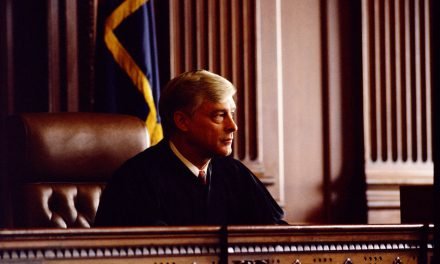Question: What happens to a tenant’s lease, security deposit and prepaid rent when the property owner is foreclosed upon?
Answer: Residential tenants have several protections when their rented residence is sold at a foreclosure sale to a new owner.
The federal Protecting Tenants at Foreclosure Act (PTFA), enacted in 2009, aims to protect residential tenants caught between their defaulting landlord and the mortgage holder. The PTFA was set to expire in 2019 but was extended indefinitely.
Editor’s note — Before the PTFA was passed, any landlord/tenant relationship under the rental agreement or lease which was junior to a foreclosed lien was wiped out at the foreclosure sale. The new landlord was able to serve a 30-day notice to quit due to foreclosure to remove the tenant from the premises.
The tenant has the right to enforce the terms of their rental or lease agreement entered into with the prior owner. Further, a tenant at the time of the foreclosure sale is entitled to live out the remainder of the lease term when:
- the tenant holds a bona fide lease agreement, including leases paid using Section 8 vouchers;
- the lease agreement was entered into before title was transferred to the owner-by-foreclosure; and
- the owner-by-foreclosure is not going to occupy the property as their primary residence. [Public Law 111-22 §701, §702, §703]
A lease agreement is bona fide “only if the rental or lease agreement calls for rent that is substantially the fair market rent for the property.” [12 United States Code 5220]
On the other hand, the owner-by-foreclosure (whether the mortgage holder or a different person) may choose to occupy the property as their primary residence. When a buyer will occupy the property, the tenants are then served with a 90-day notice to quit due to foreclosure. [Calif. Code of Civil Procedure §1161b; see RPI Form 573]
The original landlord is required to either return the tenant’s security deposit, including any prepaid rent, or to transfer the amounts to the owner-by-foreclosure. Then, when the tenant moves out, the owner-by-foreclosure is responsible for returning the tenant’s security deposit, or the amount to which the tenant is entitled minus any lawful deductions. [Calif. Civil Code §§1950.5(a); 1950.5(d)]
When the original landlord fails to return or pass on the tenant’s security deposit to the new owner, the owner-by-foreclosure may not require the tenant to make a new deposit. Further, both the original landlord and the owner-by-foreclosure are equally responsible for returning the security deposit to the tenant. [CC §1950.5(j)]
Related article:



















